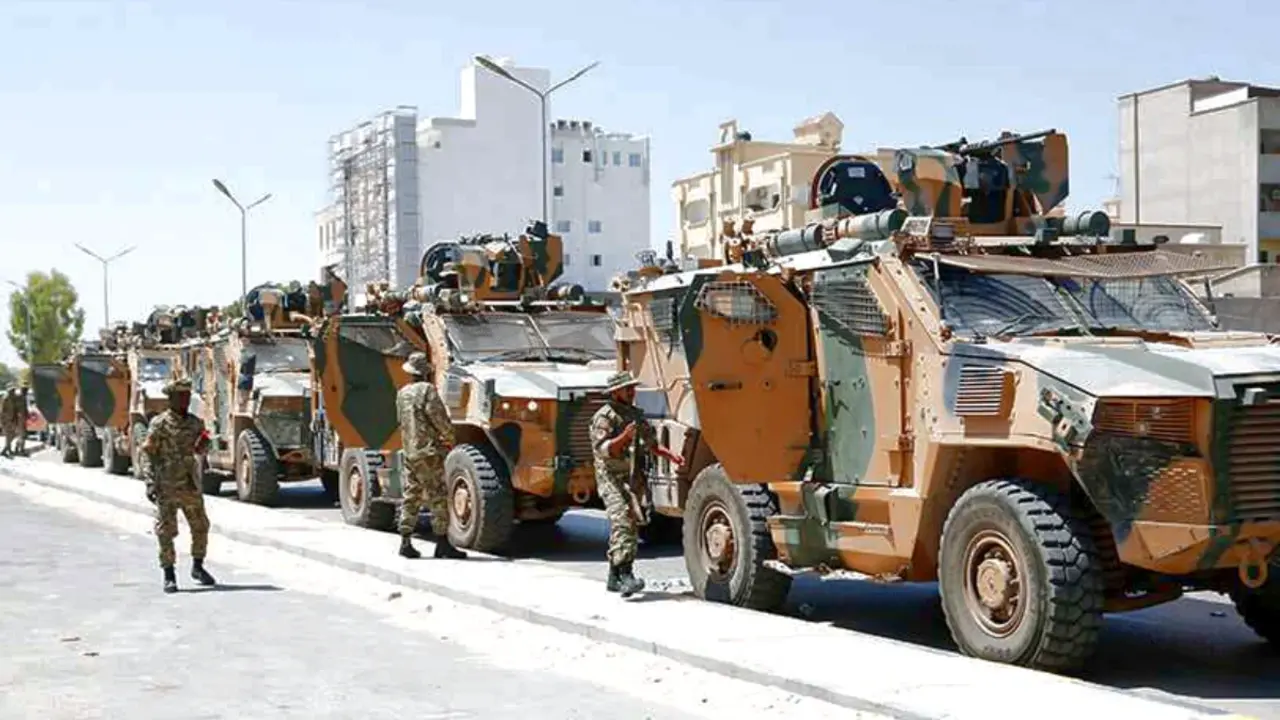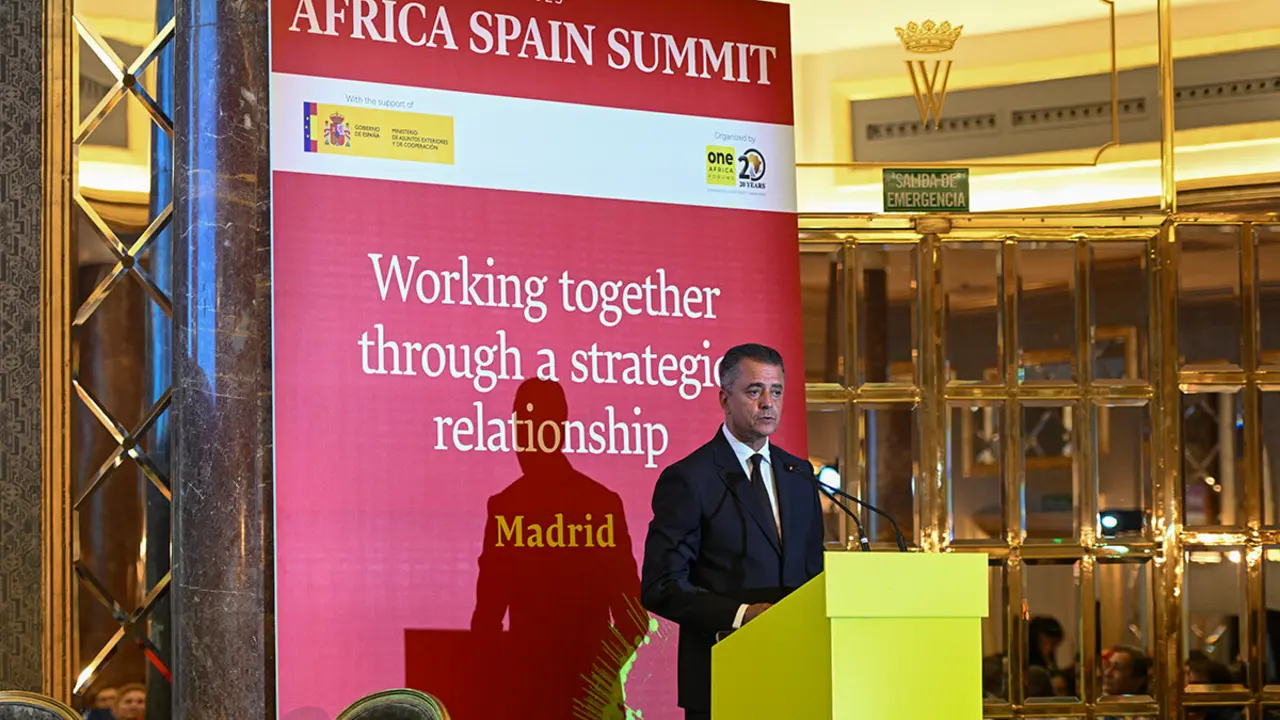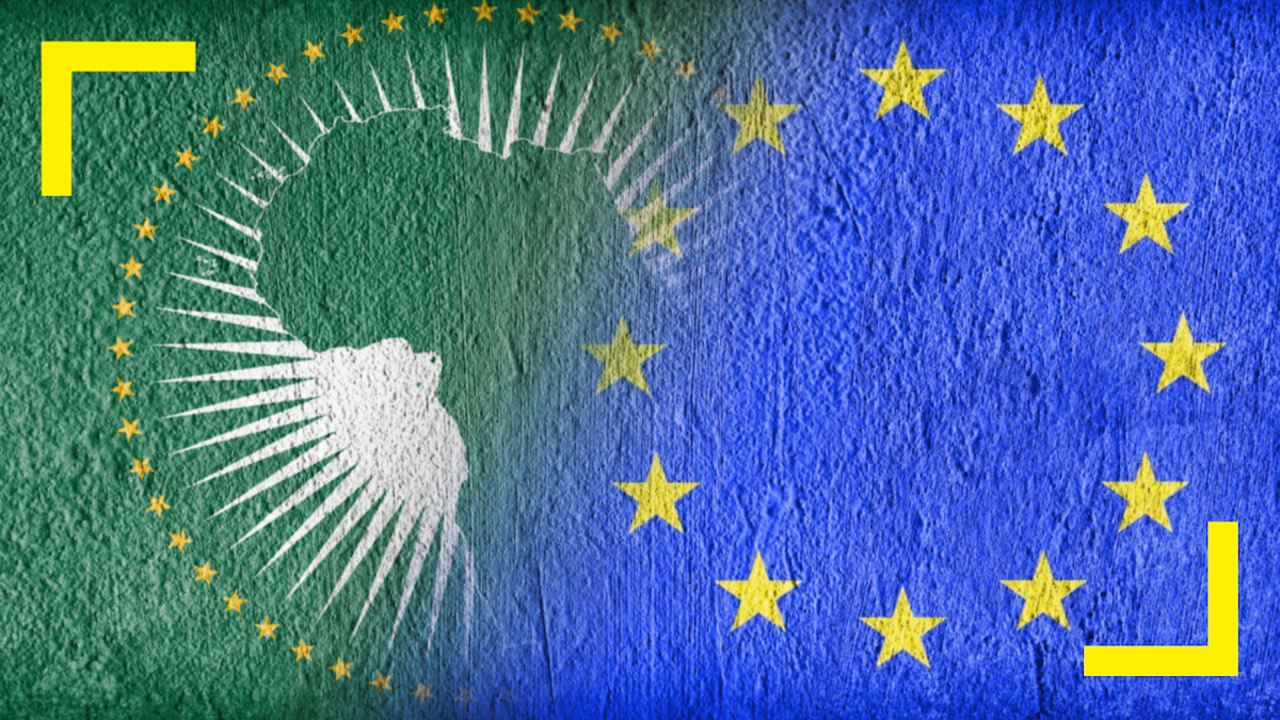The shadow of Daesh's threat looms over Libya

Libya is a polarized country characterized by both ethnic plurality and religious homogeneity. Following the execution of Muammar al-Qadhafi in October 2011, the North African nation has become a country marked by fragmentation. Almost nine years after the beginning of NATO's intervention against the Gaddafi regime, Libya is a nation divided between the areas controlled by the internationally recognised National Accord Government on the one hand, and the territory controlled by the authorities in the east, loyal to the Haftar militias, on the other. The conflict has intensified in recent months because of the interference of foreign powers interested in this region, especially because of its oil fields. This situation of instability has created the perfect breeding ground for the reorganisation and emergence of terrorist groups such as Daesh, as reported by several local media in recent weeks.

The Libyan National Army (LNA), led by Haftar, announced a week ago the arrest of Muhammad al-Ruwaidani, known as Abu Bakr al-Ruwaidani, one of the most dangerous members of Daesh. This arrest took place at the same time as a new contingent of at least 500 mercenaries from Syria arrived in Libya. Several hours later, the Daesh terrorist organization claimed responsibility for the attack on the 628th LNA battalion at the entrance to the city of Taraghin, east of the city of Murzuq in the south-west of the country. An LNA spokesman told the daily Al Ain News on Sunday that army forces detected some 15 armed vehicles in the southernmost point of the North African nation, located in Murzuq and the Haruj mountains, which could be advancing towards this area to "carry out a new terrorist act".
The newspaper mentioned above warns that the people driving these vehicles are probably Syrian nationals or people from the "Shura terrorist councils fleeing from Benghazi and Derna, loyal to Al-Qaeda". Thus, this newspaper has stressed the possible relationship between the group loyal to Ali Kana, the leader of the so-called Southern Protection Forces, affiliated to Fayez Sarraj, and mercenaries from Chad who fight in the city of Tripoli. For this reason, the LNA has denounced the delivery of arms and ammunition to mercenaries near the Libyan-Chadian border in the Harouj Mountains.

"The Sarraj government is responsible for any action that threatens peace and civil security in Libya, as it is responsible for bringing in mercenaries and providing them with arms and equipment," said Ziad al-Shaibani, a Libyan political analyst who was interviewed by Al Ain News. Al-Shaibani explained that almost 7,000 families had to flee the city of Murzuq because of the illegitimate support of the Government of National Accord (GNA) to the Chadian opposition and Daesh, specifically on 15 August 2019. "The aim of this alliance was to regain control of the city. This action leaves no doubt that Sarraj is responsible for harbouring, transporting and providing weapons to terrorists," he stressed.

In the same context, this political analyst considers that these hostilities "are not the result of the current situation of instability". He explained that in January 2019, the LNA launched a police operation to purge the south of terrorist organizations and Sarraj militias that were using the borders to "smuggle mercenaries from Chad and sell stolen Libyan oil". Libyan human rights lawyer Mohamed Gabriel al-Lafi told Al Ain News that "smuggling operations increased with the entry of criminal and terrorist outlaws and cross-border groups such as Chadian mercenaries and some Nigerian bands". However, according to Al-Lafi, these organizations returned to their criminal practices and began to cooperate with the internationally recognized Tripoli-based Sarraj Government.

All this while Ankara continues to violate international resolutions banning the supply of arms to Libya. So far, Turkey has transferred more than 10,000 mercenaries, mostly from Syria, to the North African nation, according to the Syrian Human Rights Observatory.
At least five people have been killed and 12 injured in an attack in Tripoli this weekend. The UN mission in Libya has once again condemned such indiscriminate attacks on civilian areas in Tripoli and has insisted that most of these actions are attributable to forces loyal to the Libyan National Army.

The authorities in the east led by General Khalifa Haftar control most of the country and since April 2019 have been trying to extend their power in the regions still in the hands of the Government of National Accord. Haftar is supported by Russia, Egypt, the United Arab Emirates and Saudi Arabia, while the Tripoli government, backed by the Muslim Brotherhood, receives military aid from Turkey and Qatar.








